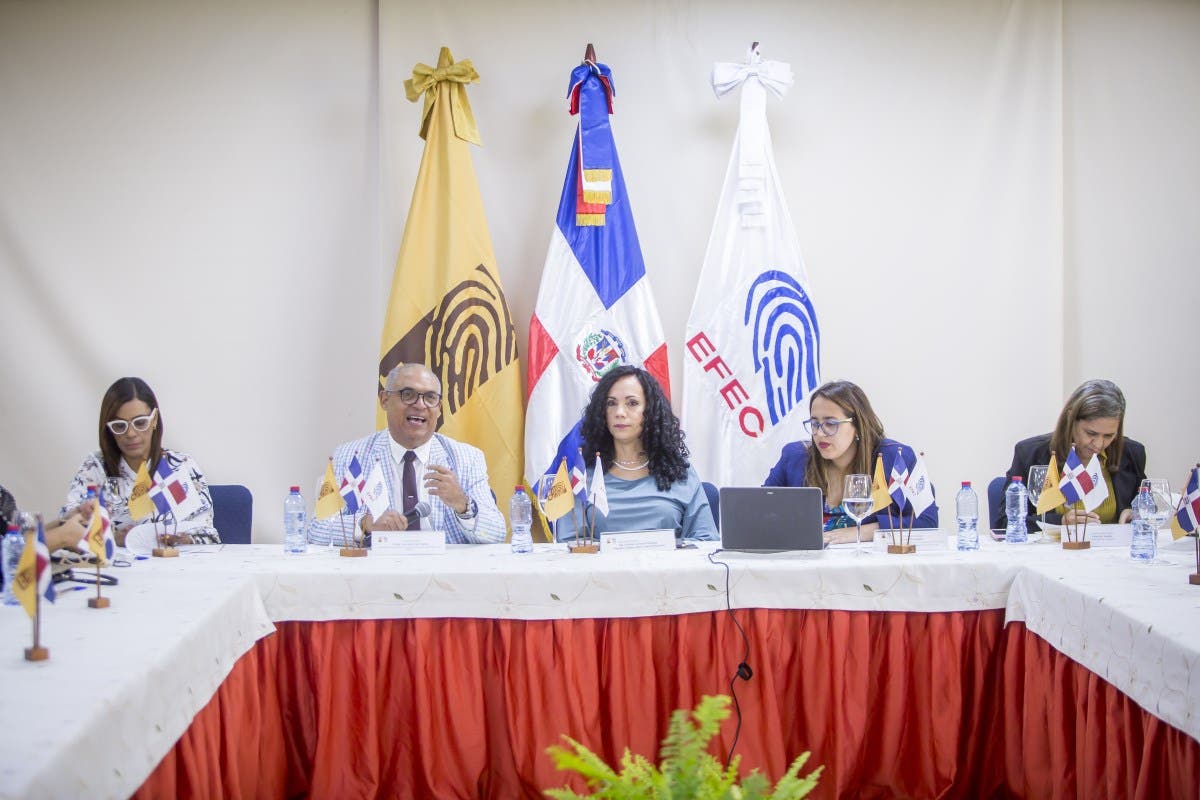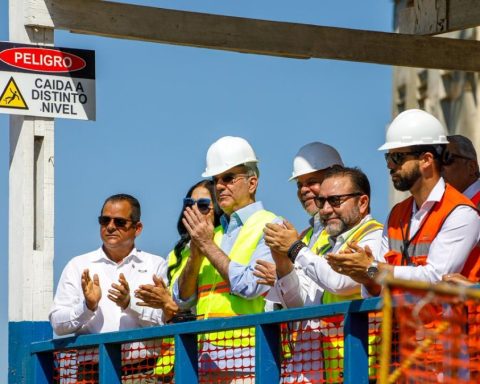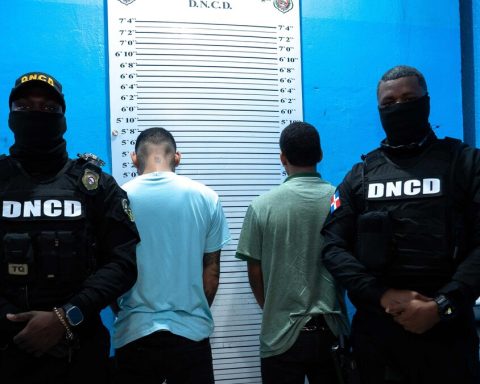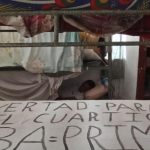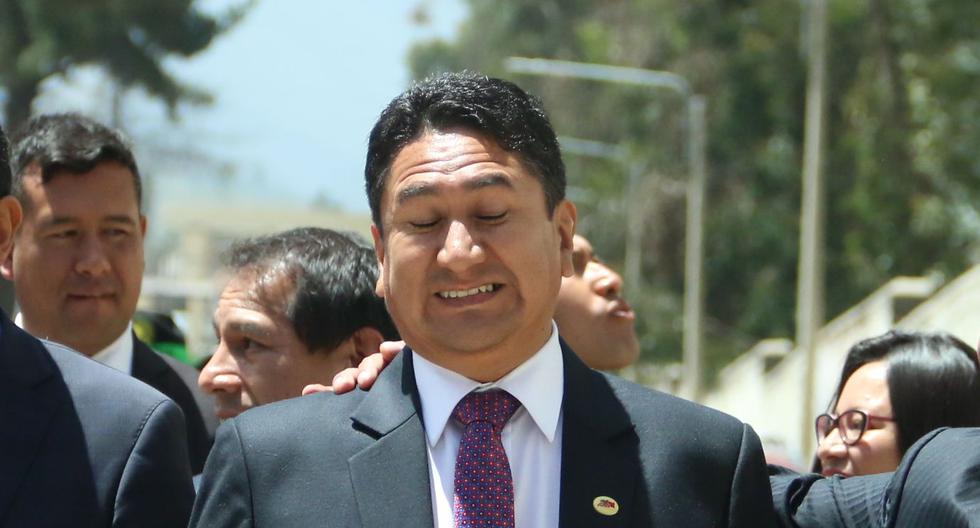Santo Domingo.- The Plenum of the Central Electoral Board (JCE) concluded its first “National Summit of Political Women of the Dominican Republic” on the occasion of the 80th anniversary of women’s suffrage, with a ten-point manifesto in which it reaffirms its commitment to take all the necessary measures to carry out electoral processes that guarantee parity political democracy.
The document contemplates that, as an electoral administrative body, it assumes to identify how it can intervene in the delineation of various variables of the electoral system, among them direct and indirect public political financing, candidacy reserves and the form of presentation of the lists of candidacies.
In addition, promote the amendment reforms to Laws 33-18, of Political Parties, Groups and Movements and 15-19, Organic of the Electoral Regime, to have a legal regulation that guarantees the political and electoral rights of women in accordance with the constitutional mandate .
You can read: Warns authoritarianism in LA and Caribbean countries
Also, promote the adoption, when appropriate, of regulations, programs and measures for the prevention, attention, protection, eradication of violence and political harassment against women, which allow the adequate sanction and reparation of these acts, in the administrative spheres. , penal and/or electoral.
The summit, which was organized through the JCE’s Commission for Gender Equality Policies, included the participation of 18 national and international women leaders, who shared their experiences on aspects related to transversal parity in elected positions, advances achieved and the detection of areas of opportunity, among other topics.
The former president of Costa Rica, Laura Chinchilla, and the director of the National Observatory of Women’s Political Participation in Ecuador, Mónica Banega, participated as international guests.
In his opening remarks at the summit, the president of the JCE, Román Jáquez Liranzo, recalled that in 1936 women had a symbolic vote, which meant that as a “second category” citizen their suffrage would be an “experiment” without consequences. any electoral politics.
Almost four years later – he added -, the right to vote was recognized after assessing the convenience of the constitutional reform to provide them with political capacity: “However, in the national democratic history, the Dominican man had exercised his political rights for almost a century. electoral”.
He said that this accounts for the late insertion of Dominican women in deliberation, in taking them into account as citizens for the promotion of public policies and decision-making that impact their sphere of rights, as well as their stereotyped and reduced role within the society.
Jáquez Liranzo deplored that structural factors persist that prevent or limit the full exercise of women’s political rights, with stereotyped phrases that are used as a shield of macho reluctance to make invisible, exclude and marginalize Dominican female politicians with the “false excuse ” of lack of political leadership.
“However, we are here signing a new social contract of parity political democracy that will not be a dead letter. It will require an active movement, articulated so that political parity, beyond the electoral (50-50) of men and women on the lists of candidates for which we advocate that it be instituted, have specific characteristics that make it a strong parity” , he affirmed, generating applause from those present.
